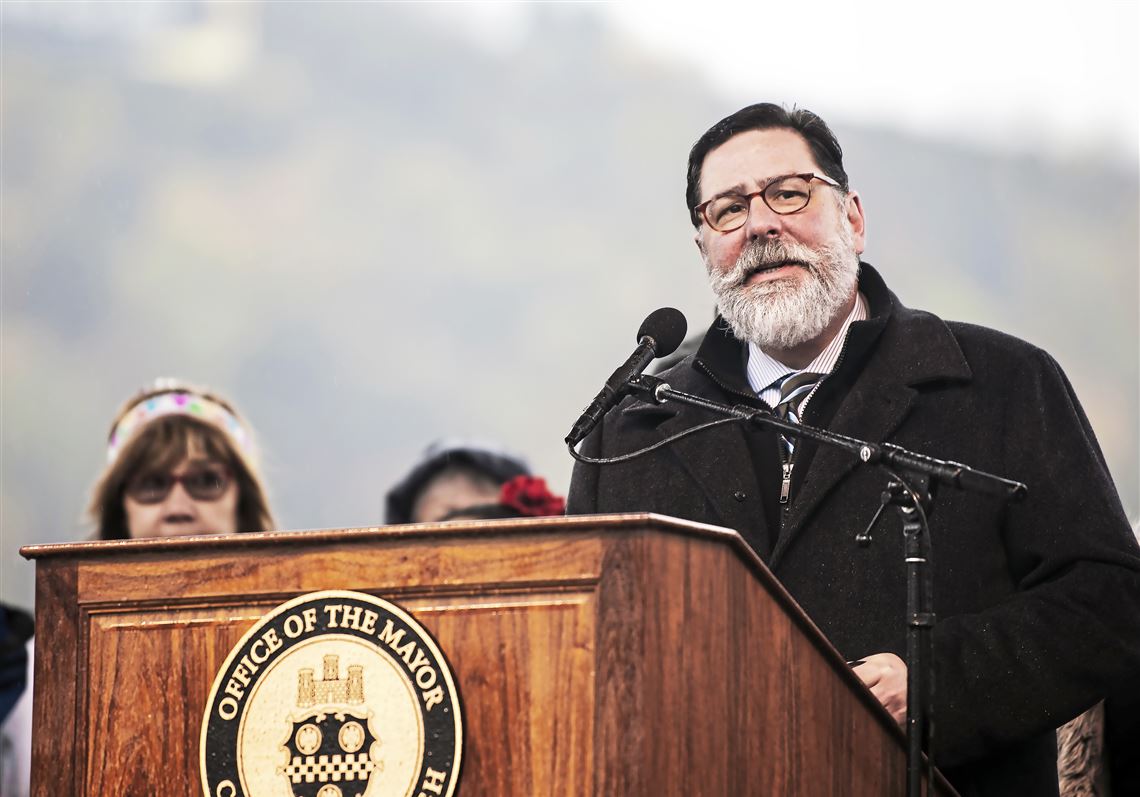Main|Bio|Books|USA Today columns|Opeds|Boston.com blog|Media|Other Publications| Speaking|Links


Sarah Peck and James Alan Fox: Proposed policy would help mayors respond to a mass shooting
SARAH PECK AND JAMES ALAN FOX
APR 5, 2021
First Published April 5, 2021, 9:00pm
On March 22, a lone gunman murdered 10 victims in a Boulder, Colo., supermarket, including a police officer. The arrest of the suspected shooter ended the rampage, but that was just the beginning of the work for Boulder's Mayor Sam Weaver.
When a mass public shooting takes place, it falls on our nation's mayors to respond on behalf of their communities. But most city leaders do not have the millions of dollars needed to respond effectively in the aftermath of such horrific crimes. President Joe Biden can change that.
Following the August 2019 massacre in Dayton, Ohio, Mayor Nan Whaley warned that it isn't "if, but when" a mass shooting will happen in U.S. cities. She now advocates for financial support from state and federal governments to assist mayors in dealing with the catastrophic effects of a shooting spree. Thus far, her admonishment has fallen on deaf ears.
At the suggestion of Pittsburgh Mayor Bill Peduto, who responded to the October 2018 shooting at the Tree of Life Synagogue, we at the Public Health Advocacy Institute at Northeastern University interviewed six mayors who responded to a mass shooting in their cities. We asked them to describe their role during the response, the challenges they faced, and the lessons learned. We also interviewed a police chief, chiefs of staff, communications staff, an FBI special agent in charge, and city hall staffers who established a family assistance center and a victims' assistance fund. What we learned will form the basis of a mass-shooting protocol for mayors, an important tool they currently lack.
During our research we learned, as Mr. Weaver is now learning, that the law enforcement response is just the beginning of a city's response to a public mass shooting. Massive police overtime will be needed to protect visiting dignitaries, the family reunification center, public vigils, and funerals - and will cost millions of dollars.
Mental health services will be needed for first responders, and well as their families, including the widow and seven children who mourn Eric Tally, the slain officer. Dayton Police Chief Richard Biehl told us that mental health care for police officers who respond to mass shootings is inadequate, and that this is a national problem.
A family assistance center will be needed to provide long-term services and mental health care to the families of the deceased and survivors, as well as community members suffering from psychological trauma. The need for this kind of critical support can go on for years.
Legal services will be required to establish a victims' fund, respond to Freedom of Information requests, and defend the city against potential lawsuits. Then there is the cost of vigils, memorials and managing the flood of teddy bears, art and flowers left by a grieving community.
Mr. Weaver is surely providing these vital services to his community without knowing where the funds to cover them will come from. As things currently stand, reimbursement will not come from the federal government.
Amazingly, the Federal Emergency Management Agency (FEMA), which helps with costs incurred after a hurricane or other natural disaster, does not generally cover costs associated with a mass shooting, as the mayor of Orlando, Fla., discovered after the Pulse Nightclub shooting in June 2016. The Department of Justice does provide grants to cities, but these will cover only a fraction of the expenses Mr. Weaver will incur. San Bernardino spent $22.5 million after the December 2015 attack at the Inland Regional Center. But, according to its after-action report, the county was reimbursed only a 10th of that figure.
A bill to provide universal background checks for gun purchases is currently before the Senate, and Mr. Biden is considering additional reforms by way of executive action. But the alleged Boulder shooter purchased his weapon legally. And the proposed legislation would do nothing to help mayors recover the enormous expense of responding to a mass shooting, nor help victims - indeed, entire communities - recover from the trauma.
We urge the president to support Mr. Weaver and all the mayors who will follow him by: (1) establishing an emergency fund for cities to cover the full cost of responding to a mass public shooting with management and oversight from FEMA or another appropriate agency; (2) providing mental health services for police officers and other first responders; and (3) creating training for mayors and other city managers to prepare for, respond to, and assist their communities to recover from a mass shooting.
Sarah C. Peck is director of #UnitedOnGuns, an initiative of the Public Health Advocacy Institute at Northeastern University School of Law. James Alan Fox is the Lipman Professor of Criminology, Law and Public Policy at Northeastern University.